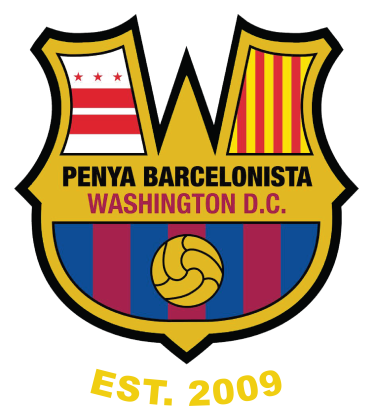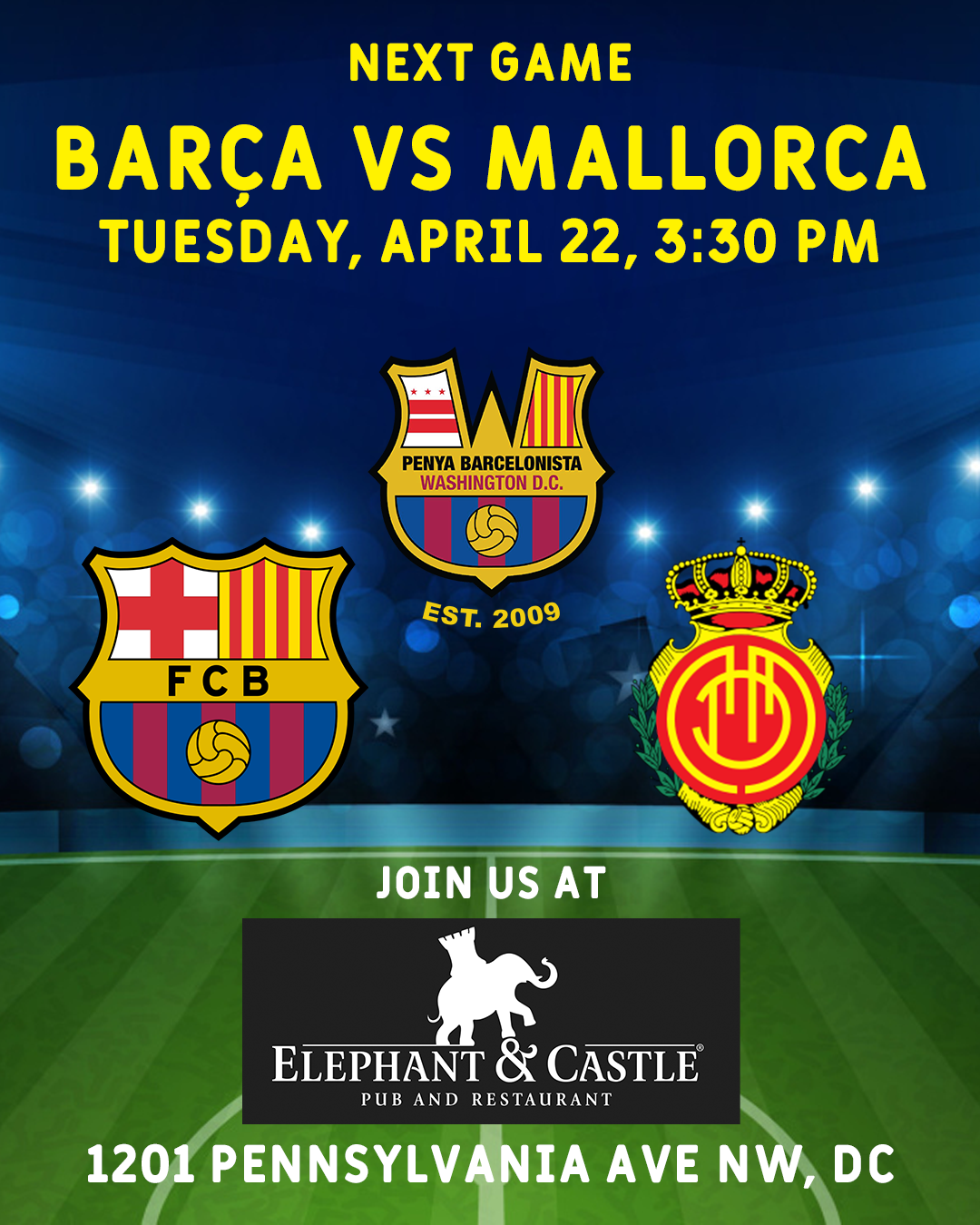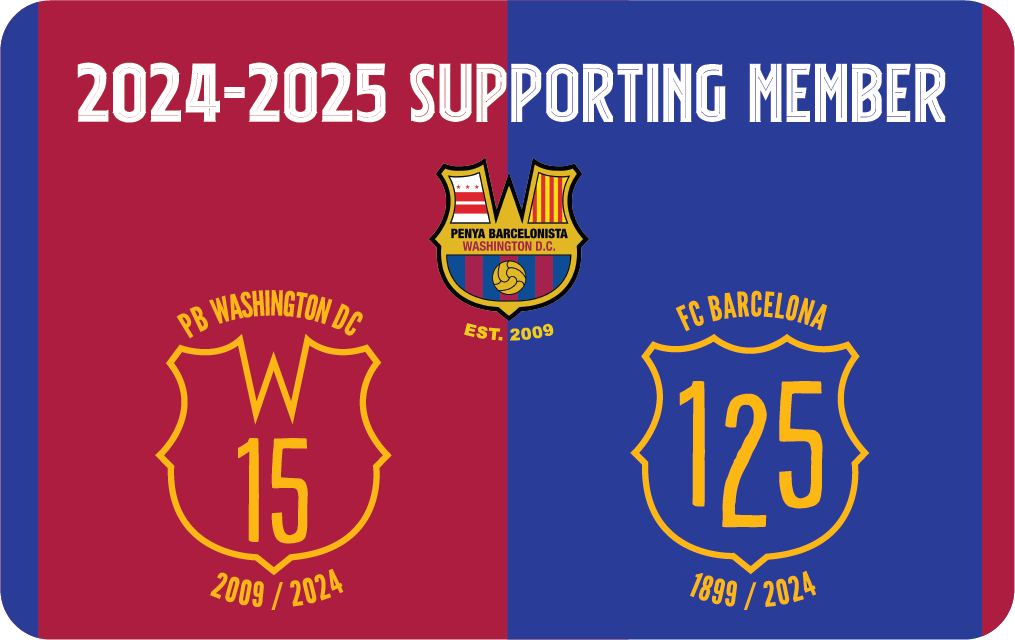For the third year, Penya Blaugrana Houston is organizing a trip to Barcelona for members of all the penyes in the USA.

The trip is planned for March 2025 for the La Liga men’s week 27 match vs Osasuna and the women’s week 21 match vs Valencia Femenino.





You must be logged in to post a comment.